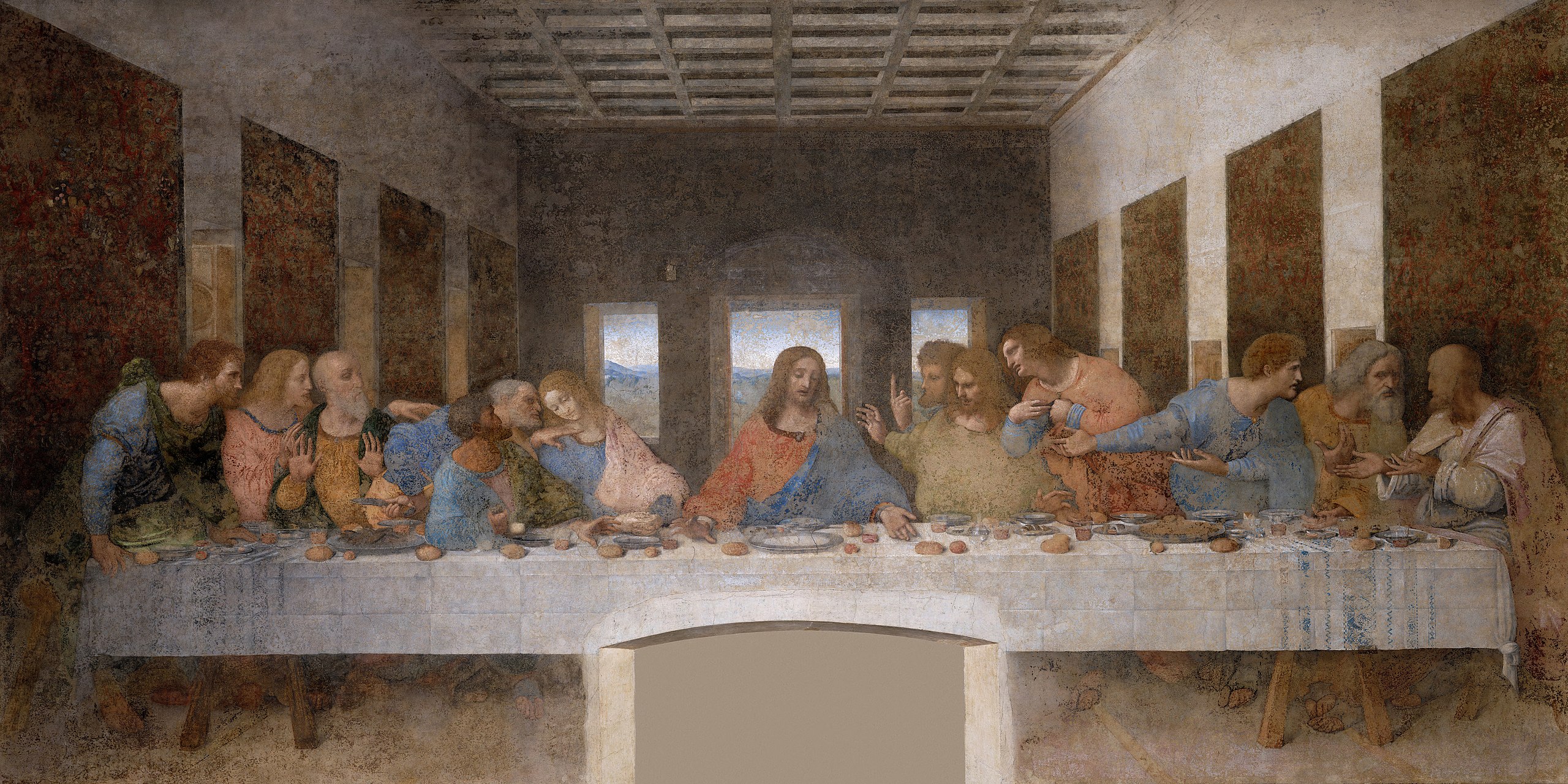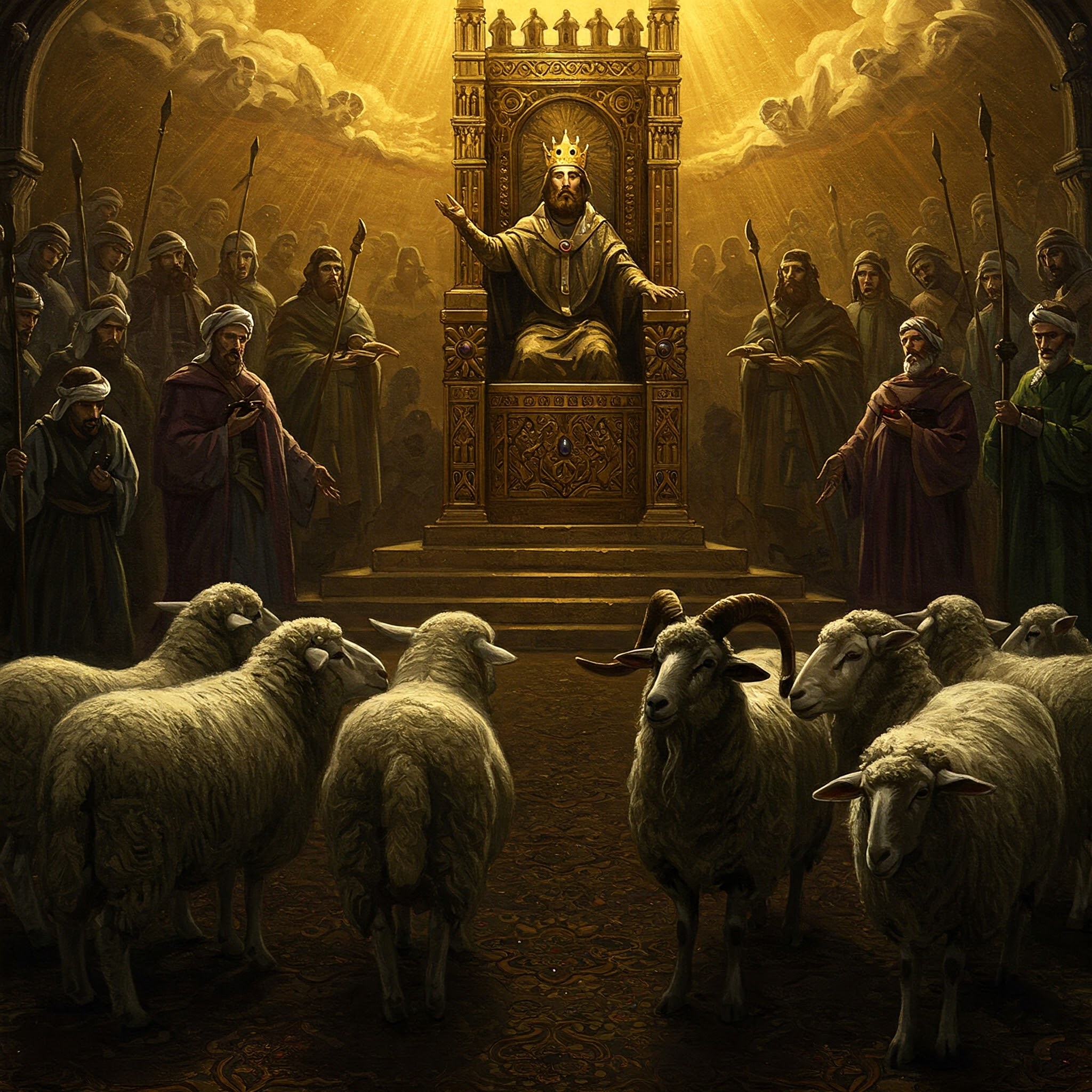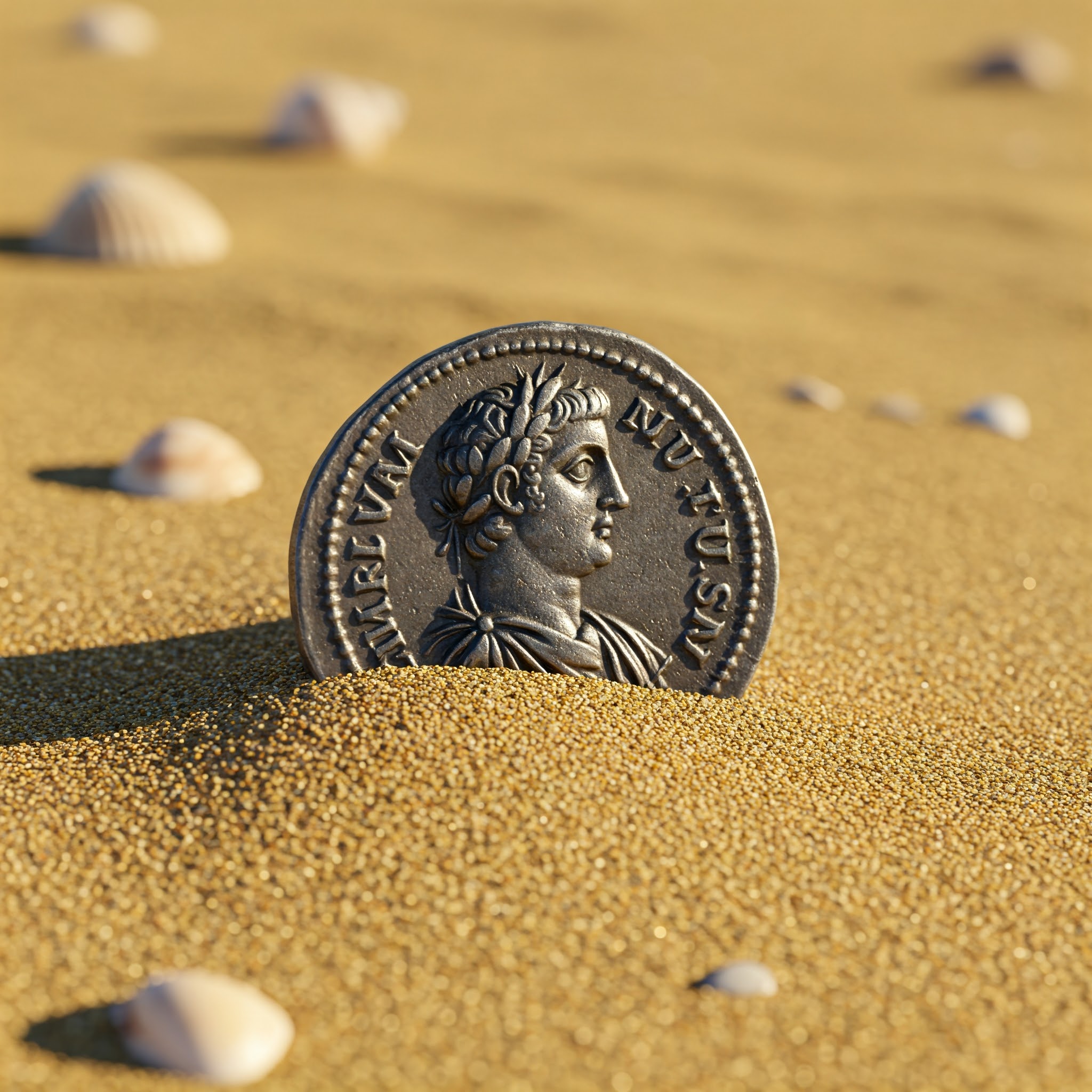Before the Passover Festival, Jesus knew that his hour had come to depart from this world to the Father. Having loved his own who were in the world, he loved them to the end.
Now when it was time for supper, the devil had already put it into the heart of Judas, Simon Iscariot’s son, to betray him. Jesus knew that the Father had given everything into his hands, that he had come from God, and that he was going back to God. So he got up from supper, laid aside his outer clothing, took a towel, and tied it around himself. Next, he poured water into a basin and began to wash his disciples’ feet and to dry them with the towel tied around him.
He came to Simon Peter, who asked him, “Lord, are you going to wash my feet?”
Jesus answered him, “What I’m doing you don’t realize now, but afterward you will understand.”
“You will never wash my feet,” Peter said.
Jesus replied, “If I don’t wash you, you have no part with me.”
Simon Peter said to him, “Lord, not only my feet, but also my hands and my head.”
“One who has bathed,” Jesus told him, “doesn’t need to wash anything except his feet, but he is completely clean. You are clean, but not all of you.” For he knew who would betray him. This is why he said, “Not all of you are clean.”
When Jesus had washed their feet and put on his outer clothing, he reclined again and said to them, “Do you know what I have done for you? You call me Teacher and Lord—and you are speaking rightly, since that is what I am. So if I, your Lord and Teacher, have washed your feet, you also ought to wash one another’s feet. For I have given you an example, that you also should do just as I have done for you.
“Truly I tell you, a servant is not greater than his master, and a messenger is not greater than the one who sent him. If you know these things, you are blessed if you do them. John 13:1-17 (CSB)
At the end of their supper together, the disciples immediately jump to arguing about who is the greatest amongst themselves. I wish life has changed amongst Christians, but it continues to be a competitive industry. Many clergy conferences contain passive-aggressive small talk about clergy ego issues like number of baptisms, or church size and budget. Many churches claim they are the only true way and the only true disciples. I wish it weren’t so. You think Washington is bad, you should see an Episcopal Bishop’s election. Ughhh
If I were to guess, the same would be true in your own industries. I believe this instinct goes back to the Cain and Abel comparison, where, in looking for validation from God, we instead compare ourselves to our neighbors to see how we measure up. Statistics on wealth, success, and gratitude are all similar and show that, by and large, our comfort in each of these areas is relative to how we perceive our own status relative to our peers. It’s why Instagram and Facebook have blown mental health so far out of whack. What we used to compare to those within our relatively small networks, we are now able to look all over the world to see our relative status. You may have been relatively well off in your small town, but there is always someone far richer in the world. And professional influencers profit on creating a manicured look for the very things that evoke emotional response from us, while the algorithm sells more ads if it can point those towards you. It doesn’t care if that feeling is joy, or sorrow, anger, or happiness, with the exception that it is far easier to make someone angry and jealous, than content and happy. In short, as I heard it said, that while we used to metaphorically(!) see into our neighbors windows as we walked by on occasion, and we could compare ourselves relative to a small grouping, we now are able to see in the windows of nearly everyone in the world at any point. And the windows we see have professionals manicuring every inch of that space.
If you want to be happy, firstly delete social media and turn the TV off. Period. There is no study that suggests it helps our mental and emotional well-being at all. Quite the opposite. Don’t even read anything more until that is done.(I did it after someone used social media to try to guilt my dying grandma into thinking that I was in trouble in an attempt to defraud her.). But secondly, and this is vital, we have to reverse the curse that led to the insecurity of Cain, and that which is innate within all humans. Where Adam said to God, “I think I can quite manage on my own thank you,” thus severing the relationship, Jesus responds to the same temptation in the desert with, “Don’t you know that while man needs bread, he needs the Words of God in his life even more!” (Matthew 4:4) We’re designed for that connection.
When it comes to the final judgment, I’m going to point to Jesus for my hope. But, at this moment, we see him attempting to lead us towards the unbroken and unalienated future, by leading us back to what it looks like to be human. And, like a true leader, he doesn’t do so merely with words, but by leading with example. With all the disciples fussing over their egos, Jesus quietly gets down on his knees, and grabs a towel and some water, and begins to wash their feet.
I suppose this image is somewhat lost in a nation with socks, tennis shoes, and pedicures, but feet are gross. Really gross. And sandaled feet that have crossed mud, animal waste, dirt and long distances in a hot climate are even grosser. Only the lowest of the low would be obligated to clean feet in a setting like this. Peter’s little tussle with Jesus is an image of our own ego learning to surrender to the voice of the Spirit within us.
No way Jesus! You don’t have to do that!
Yes I do.
Then wash all of me, because I want to be the best at being cleaned.
No Peter. You still don’t understand what I’m doing. I’m going to do this for you, and I want you to be like this for others. Because if I’m like this for you, and you call me Lord, how much more must you be like this with others.
You can almost hear the plea of Jesus, desperate for them, for us, to see: This is what it looks like to be a real human being. When you wash feet, you are no longer comparing ourselves to others. You are not competing with your ego, or leering with lust. You are not sizing up greedy opportunities, but you are serving and loving in the most basic way. If you want to be my servant, Jesus says, you must do as I do. If you want to live, let me show you what life looks like.









